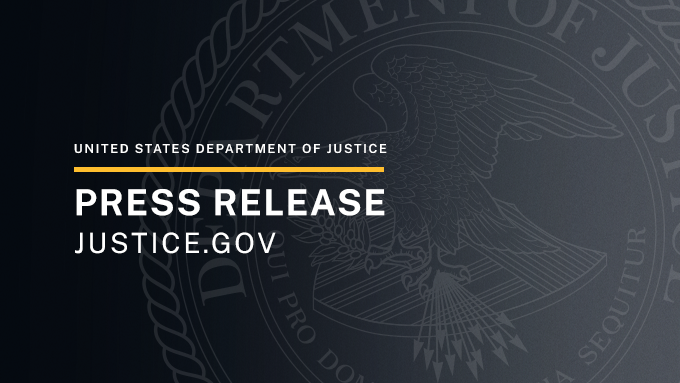SAN DIEGO – Federal prosecutors in the Southern District of California filed 97 border-related cases this week, including charges of transportation of illegal aliens, bringing in aliens for financial gain, receipt of bribes by public official, reentering the U.S. after deportation, deported alien found in the United States, and importation of controlled substances.
The U.S. Attorney’s Office for the Southern District of California is the fourth-busiest federal district, largely due to a high volume of border-related crimes. This district, encompassing San Diego and Imperial counties, shares a 140-mile border with Mexico. It includes the San Ysidro Port of Entry, the world’s busiest land border crossing, connecting San Diego (America’s eighth largest city) and Tijuana (Mexico’s second largest city).
In addition to reactive border-related crimes, the Southern District of California also prosecutes a significant number of proactive cases related to terrorism, organized crime, drugs, white-collar fraud, violent crime, cybercrime, human trafficking and national security. Recent developments in those and other significant areas of prosecution can be found here.
A sample of border-related arrests this week, includes:
- On March 24, Customs and Border Protection Officers Farlis Almonte and Ricardo Rodriguez were arrested and charged with Conspiracy to Bring in Aliens for Financial Gain, Bringing in Aliens for Financial Gain and Receipt of Bribes by Public Official. According to court records, the officers allowed dozens of cars carrying undocumented immigrants to pass through their inspection lanes at the San Ysidro Port of Entry from August 2024 through January 2025, in exchange for cash.
- On March 29, Osvaldo Parra Franco, a Mexican national, was arrested and charged with Importation of a Controlled Substance. According to a complaint, Parra attempted to cross into the United States at the San Ysidro Port of Entry with methamphetamine, cocaine and fentanyl hidden in a spare tire and tailgate of his vehicle. He was intercepted by Customs and Border Protection officers after an alert from a narcotics detection canine.
- On March 30, Jesus Eduardo Carrasco-Romero, a Mexican national, was arrested three miles east of the Otay Mesa Port of Entry and charged with illegally entering the U.S. after previously being deported on March 20 in El Paso, Texas.
- On March 31, Francisco Anguiano Rios, a Mexican national, was arrested and charged with importation of a controlled substance after Customs and Border Protection officers found 209 packages containing 547 pounds of cocaine concealed in the fuel tank of the tractor trailer Rios was driving as it attempted to cross the border at the Otay Mesa Port of Entry.
- On March 31, Miguel Angel Gonzalez Lujan and Jesus Miguel Gonzalez Garcia, Mexican nationals, were arrested in Campo near the U.S.-Mexico border and charged with Transportation of Illegal Aliens after Border Patrol agents used a spike strip to deflate the front tires of their fleeing vehicle. Four undocumented immigrants were inside.
Federal law enforcement has focused immigration prosecutions on undocumented aliens who are engaged in criminal activity in the U.S., including those who commit drug and firearms crimes, who have serious criminal records, or who have active warrants for their arrest. Federal authorities have also been prioritizing investigations and prosecutions against drug, firearm, and human smugglers and those who endanger and threaten the safety of our communities and the law enforcement officers who protect the community.
The immigration cases were referred or supported by federal law enforcement partners, including Homeland Security Investigations (HSI), Immigration and Customs Enforcement’s Enforcement and Removal Operations (ICE ERO), Customs and Border Protection, U.S. Border Patrol, the Drug Enforcement Administration (DEA), the Federal Bureau of Investigation (FBI), the U.S. Marshals Service (USMS), and the Bureau of Alcohol, Tobacco, Firearms and Explosives (ATF), with the support and assistance of state and local law enforcement partners.
Indictments and criminal complaints are merely allegations and all defendants are presumed innocent until proven guilty beyond a reasonable doubt in a court of law.



